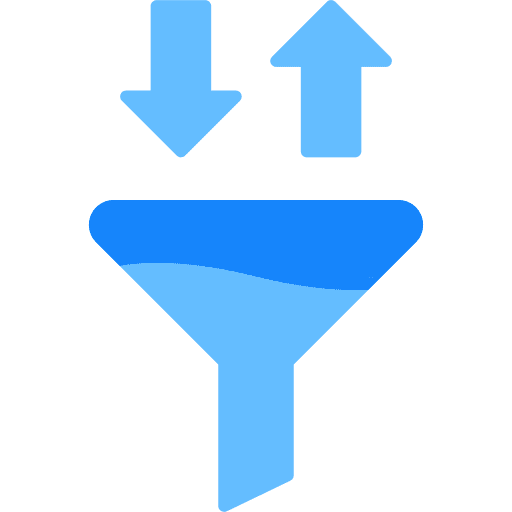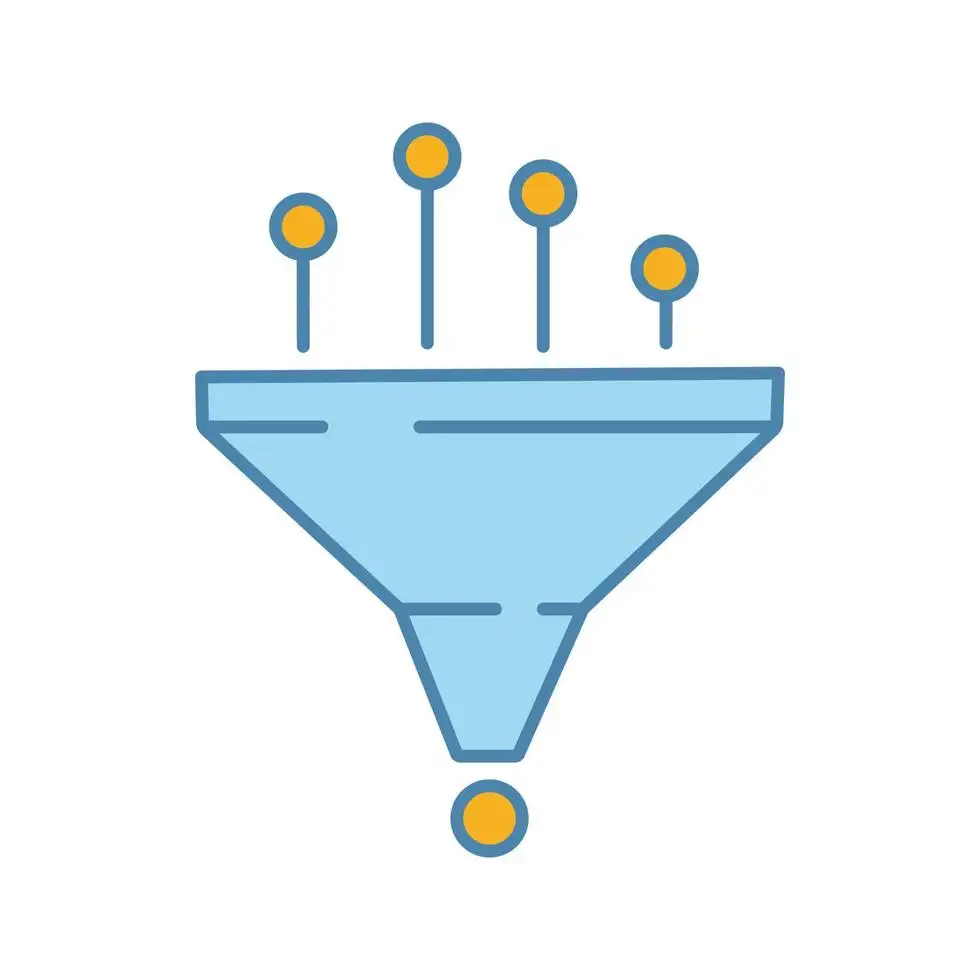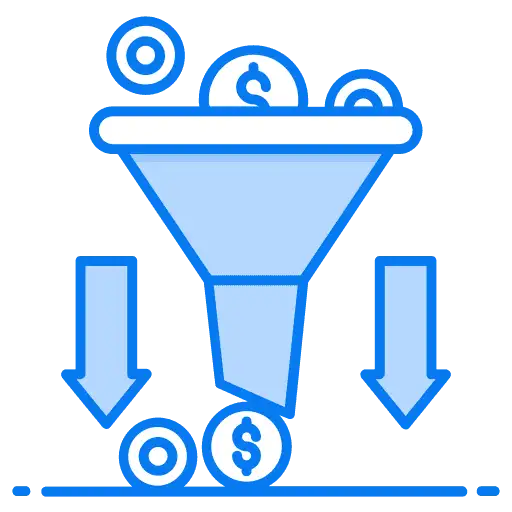What is a sitemap?
A sitemap serves as a document containing details about the pages within your website and their interconnections.
Search engines, such as Google, utilize sitemaps to navigate your site with enhanced efficiency. By employing a sitemap, you convey to Google the significance of specific pages on your site, while also furnishing pertinent details such as the last modification date, frequency of updates, and alternate language variants for each page.
Do I need a sitemap?
According to Google:
“If your site’s pages are properly linked, Google can usually discover most of your site. Even so, a sitemap can improve the crawling of larger or more complex sites, or more specialized files.
Using a sitemap doesn’t guarantee that all the items in your sitemap will be crawled and indexed, as Google processes rely on complex algorithms to schedule crawling. However, in most cases, your site will benefit from having a sitemap, and you’ll never be penalized for having one.”
You might need a sitemap if:
- Your site is really large. As a result, it’s more likely Google web crawlers might overlook crawling some of your new or recently updated pages.
- Your site has a large archive of content pages that are isolated or not well linked to each other. If your site pages do not naturally reference each other, you can list them in a sitemap to ensure that Google does not overlook some of your pages.
- Your site is new and has few external links to it. Googlebot and other web crawlers crawl the web by following links from one page to another. As a result, Google might not discover your pages if no other sites link to them.
- Your site has a lot of rich media content (video, images) or is shown in Google News. If provided, Google can take additional information from sitemaps into account for search, where appropriate.
You might not need a sitemap if:
- Your site is “small”. By small, we mean about 500 pages or less on your site. (Only pages that you think need to be in search results count toward this total.)
- You’re on a simple site hosting service like Blogger or Wix. If your site is on a service that helps you set up a site quickly with pre-formatted pages and navigation elements, your service might create a sitemap for your site automatically, and you don’t need to do anything. Search your service’s documentation for the word “sitemap” to see if a sitemap is generated automatically, or if they recommend creating your own (and if so, how to submit a sitemap on your hosting service).
- Your site is comprehensively linked internally. This means that Google can find all the important pages on your site by following links starting from the homepage.
- You don’t have many media files (video, image) or news pages that you need to appear in the index. Sitemaps can help Google find and understand video and image files, or news articles, on your site, if you want them to appear in Google Search results. If you don’t need these results to appear in Image, Video, or News results, you might not need a sitemap.
How do I submit a sitemap to Google?
Google doesn’t inspect a sitemap with each site crawl. Instead, it’s examined only upon initial discovery, and subsequently when you manually notify Google of any updates through pinging. It’s best practice to alert Google of a new or modified sitemap, avoiding unnecessary submissions or pings for unchanged ones.
There are a few different ways to make your sitemap available to Google:
- Submit it to Google using the Search Console Sitemaps report
- Insert the following line anywhere in your robots.txt file, specifying the path to your sitemap:
Sitemap: http://example.com/sitemap_location.xml
- Use the “ping” service to request Google to crawl the sitemap. Send an HTTP GET request like this:
http://www.google.com/ping?sitemap=<complete_url_of_sitemap>for example:
http://www.google.com/ping?sitemap=https://example.com/sitemap.xml











